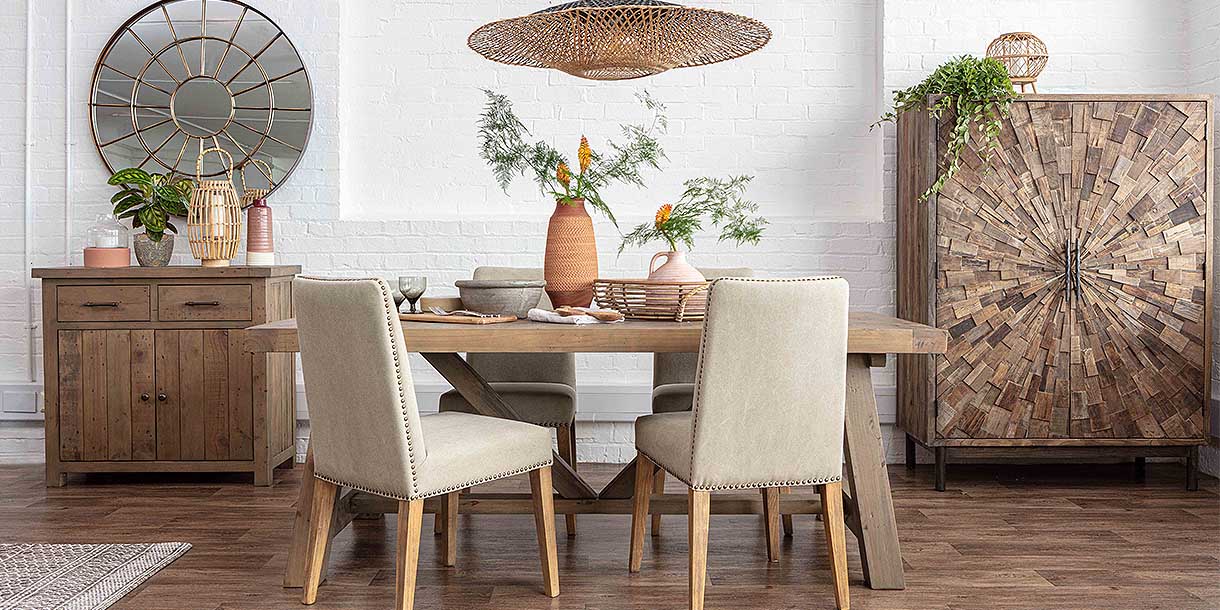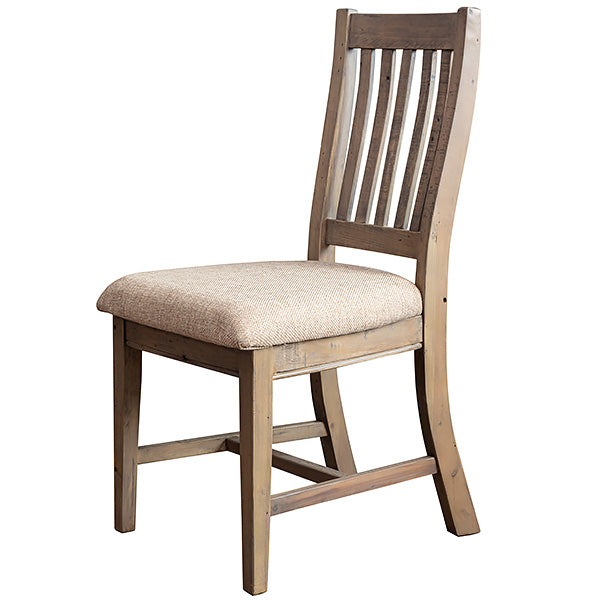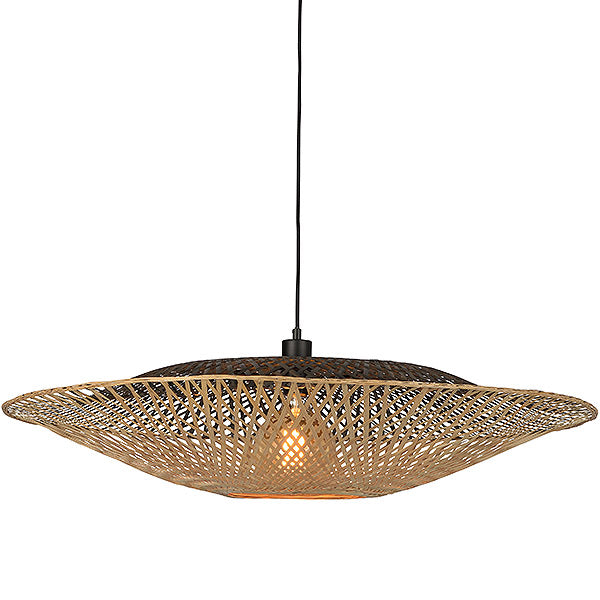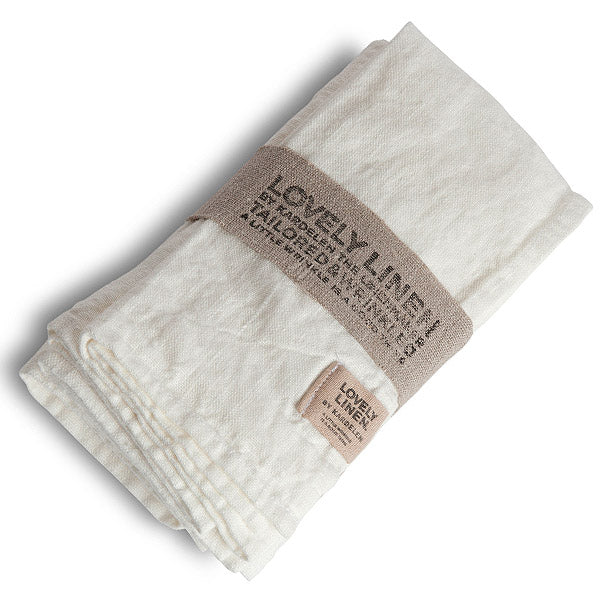
We all know that we have to play our part in slowing climate change. Take a long hard look at your lifestyle and habits, and you’ll be amazed to find just how wasteful and environmentally unfriendly even the most mundane of everyday tasks can be! And the eco-friendly kitchen is a great way of doing your bit towards climate, change but how?
1. Opt for products made from recycled or sustainably sourced materials
When plastic was invented, it revolutionised our lives so much so that today, we don’t blink when we buy plastic utensils for the kitchen. Cheap and robust, they may last a lifetime but they take a lot of energy and natural resources to make.
If replacing items in the kitchen is on the horizon, look for;
– Crockery made from recycled materials or made from ‘waste’ materials such as offcuts
– Reclaimed wood furniture in the kitchen is just as robust, strong and stylish and something ‘brand new’
– Stick with sustainably sourced materials from wooden spoons to a reclaimed wood dining table
– Reclaimed wood is used for all kinds of furniture including the kitchen bench, wooden dining chairs, coffee tables and more.

2. Opt for natural materials
Again, the issue many of us have is that synthetic materials tend to be not only cheaper but more readily available. Like plastic, many synthetic materials are made using a huge amount of energy and natural resources such as oil. You’ll also be surprised at just how many things contain plastic without realising.
Natural materials are strong, easy to look after and like reclaimed wood furniture in the kitchen, are stylish too.
Why not try…?
– Linen – table linens come in all shapes, sizes and colours, perfect for adding warmth and colour to your reclaimed wood dining table. White napkins, for example, instantly transform a table into a chic vision, perfect for everyday meals and when entertaining too.
– Bamboo – an underrated material until now, bamboo is made from the tall fronds of leaves from a fast-growing plant. Grown in tropical climes, bamboo is sustainable and with many manufacturers who use bamboo part of fair trade deals too, you know that your bamboo pendant light hasn’t cost the earth, nor a community to make.

3. Be more aware of the products you use
We mentioned earlier how plastic tends to be in things that we never thought it would be. Some pan scrubbers, for example, have tiny beads of plastic within them which when used are released into wastewater. These beads are found in the ocean and rivers too.
Consider swapping from your usual products to those that are certified as environmentally friendly. You might also want to consider reducing the number of chemical-based products you use too.
4. Reusable food storage
Ditch plastic film and other products for reusable and sellable food storage, a much more environmentally friendly way of storing food and cheaper for you too!
5. Compost and recycle
And finally, if you are not doing so already, compost food waste (or place it out for kerbside recycling) and make the most of the recycling facilities on offer in your area.
